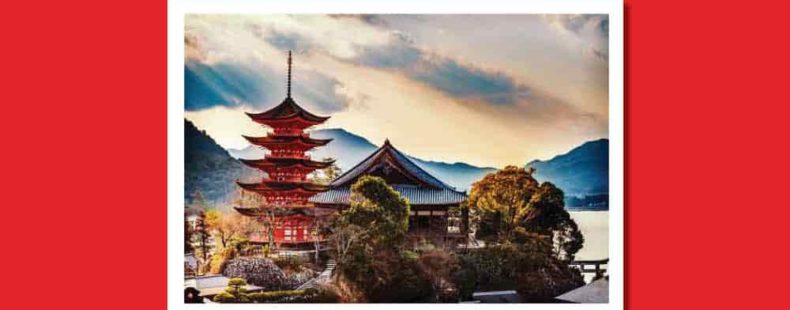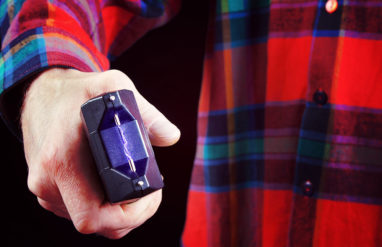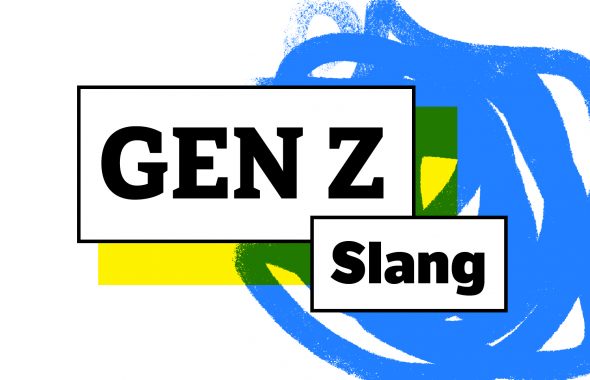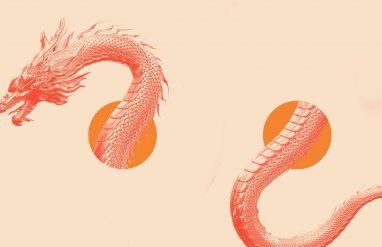Many millions of English speakers have made it their goal to learn the beautiful language of Japan, Land of the Rising Sun.
Appropriately, there is a well-known Japanese proverb that pretty much sums up what doing this can be: Raku areba ku ari, often translated as “If there is joy, there is pain.” Or, as we might colloquially say, “No pain, no gain.”
It’s true that learning Japanese is hard. The US Foreign Service Institute estimates it requires at least 2,400 hours of study to gain proficiency. But, as with studying any language, learning some slang is one of the most delightful ways of making Japanese a little easier to learn.
If you love reading the haiku of Basho, dream of socializing in a Tokyo sushi restaurant, or want to sound like a character from a Murakami novel, here are some bits of slang to help you take your first steps into the glorious Japanese language.
A quick linguistic note: we’re presenting the Japanese terms in romaji, a system of writing Japanese (which uses different sets of characters, such as kanji ) using the letters of the Latin alphabet.























